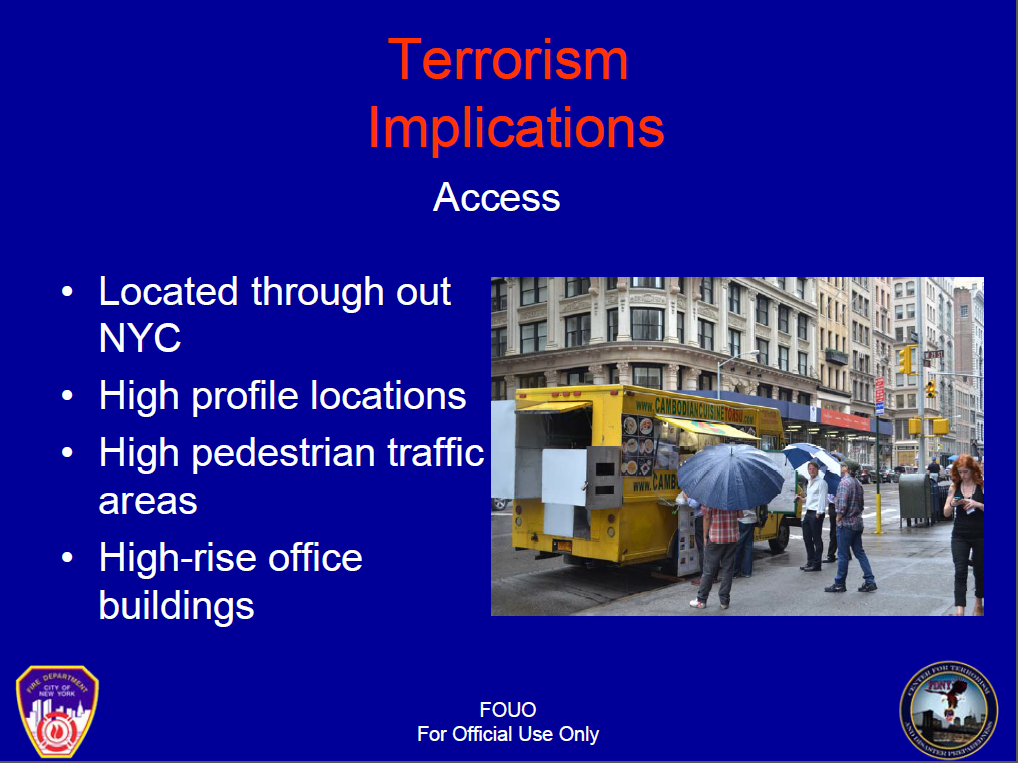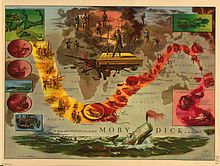President Obama will open deficit reduction talks on Friday with a call for a $1.6 trillion tax hike on corporations and the wealthiest Americans over the next 10 years. Obama and House Speaker John Boehner are sitting down to avert the so-called “fiscal cliff” of expiring tax cuts and automatic spending reductions set to take effect at the end of the year. We’re joined by Guardian columnist Glenn Greenwald, who says the protection of “entitlement” programs will depend on action from Obama’s progressive supporters. “The question is: Will the Democratic Party, and specifically the progressive and liberal component of the Democratic Party, change its behavior from cheerleader, from blindly supportive, partisan apparatchiks … into some kind of a force where they actually fulfill their duties as citizens, which is to hold political leaders accountable?” Greenwald asks.
Transcript can be read here
by Mattea Kramer and Chris Hellman, National Priorities Project
They don’t call it the “cliff” for nothing. It’s the fiscal spot where a nation’s representatives can gather and cry doom. It’s the place – if Washington is to be believed – where, with a single leap into the Abyss of Sequestration, those representatives can end it all for the rest of us.
In the wake of President Obama’s electoral victory, that cliff (if you’ll excuse a mixed metaphor or two) is about to step front and center. The only problem: the odds are no one will leap, and remarkably little of note will actually happen. But since the headlines are about to scream “crisis,” what you need to understand American politics in the coming weeks of the lame-duck Congress is a little guide to reality, some Cliff Notes for Washington.
As a start, relax. Don’t let the headlines get to you. There’s little reason for anyone to lose sleep over the much-hyped fiscal cliff. In fact, if you were choosing an image based on the coming fiscal dust-up, it probably wouldn’t be a cliff but an obstacle course – a series of federal spending cuts and tax increases all scheduled to take effect as 2013 begins. And it’s true that, if all those budget cuts and tax increases were to go into effect at the same time, an already weak recovery would probably sink into a double-dip recession.
But ignore the sound and fury. While prophecy is usually a perilous occupation, in this case it’s pretty easy to predict how lawmakers will deal with nearly every challenge on the president’s and Congress’s end-of-year obstacle course. The upshot? The U.S. economy isn’t headed over a cliff any time soon.
A peek at the obstacles ahead makes that clear. [..]
Among all the spending and tax changes in the queue, and all the hype around the cliff, the great unknown is whether it’s finally farewell to the Bush tax cuts for the wealthy. And that’s no perilous cliff. Letting those high-end tax cuts expire would amount to a blink-and-you-miss-it 0.003% contraction in the U.S. economy, according to Moody’s, and it would raise tens of billions of dollars in desperately-needed tax revenue next year. That’s no small thing when you consider that federal revenue has fallen to its lowest point in more than half a century. Ending these tax cuts for the wealthy would bring in cash to reduce deficits or increase funding for cash-starved priorities like higher education.
It’s impossible to say how Congress will come down on this final issue, though we do know how lawmakers will arrive at their decision. At least Congress is consistent. On this, as on all other matters in the fiscal obstacle course, it’s not the economy.
It’s the politics, stupid.





Recent Comments